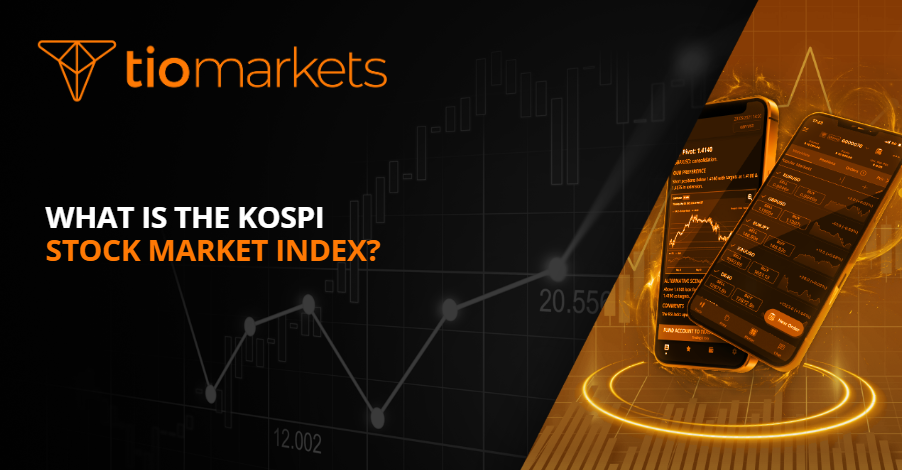The KOSPI (Korea Composite Stock Price Index) is the leading stock market index of South Korea, tracking the performance of all common stocks listed on the Korea Exchange (KRX). Introduced in 1983, it is a weighted index, meaning that companies with higher market capitalization have a larger impact on its movement.
Significance of the KOSPI Index
The KOSPI is a vital barometer for gauging the economic health of South Korea, reflecting the performance of some of the nation’s largest and most influential corporations, including tech giants like Samsung and LG. It is comparable to indices like the S&P 500 in the United States and the Nikkei 225 in Japan.
Recent Trends and Performance
As of early December 2024, the KOSPI is experiencing volatility due to a combination of global economic pressures and domestic market challenges. The index recently closed around 2,500 points, representing a year-over-year decline of about 0.59%
This reflects broader concerns over inflation and shifting investor sentiment.
Despite this, some sectors within the index have shown resilience, particularly those related to technology and renewable energy. Samsung Electronics remains a pivotal player, significantly influencing the index’s movement
Key Drivers Affecting the KOSPI
- Global Economic Trends: Fluctuations in the global economy, such as changes in U.S. Federal Reserve policies, have a direct impact on the index.
- Tech Industry Performance: Given South Korea’s reliance on tech exports, performance in this sector is critical.
- Domestic Policies: Government regulations and economic stimulus measures also play a role in shaping investor confidence.
Future Outlook
Analysts predict that the KOSPI’s performance in 2025 will hinge on several factors, including geopolitical stability and recovery in key export markets. Investors are closely watching developments in sectors like semiconductors and electric vehicles, which are expected to drive future growth.
Conclusion
The KOSPI index remains a crucial indicator for understanding the South Korean economy. While facing challenges, its long-term prospects appear promising, driven by innovation and strategic market shifts. For investors, keeping an eye on this index can provide valuable insights into broader market trends.
